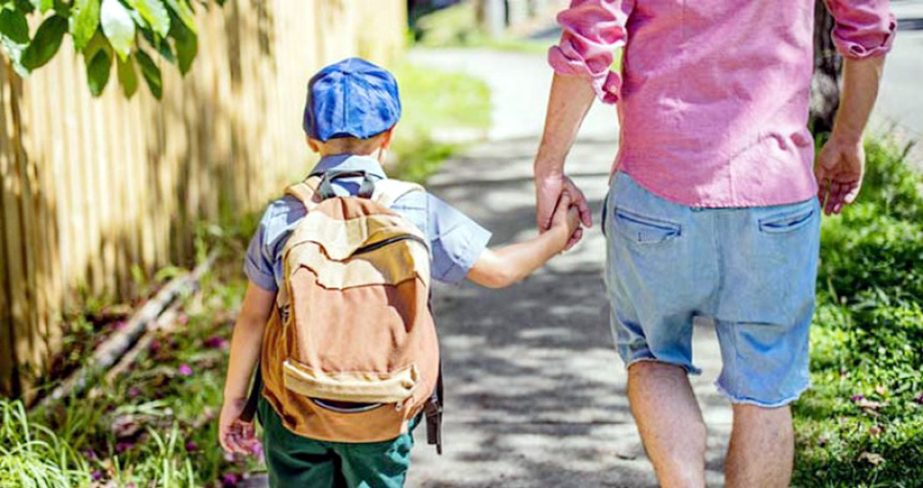
Life Desk :
Children who grew up in a single-parent family are more likely to have lower levels of well-being and life satisfaction in adulthood, according to new research.
The study showed that children brought up by a single parent earn 30 per cent less and are more likely to be unemployed. Further, they are also nine per cent less likely to be in a romantic relationship and have fewer friends.
“These findings suggest that both parents still provide important resources even when children have already grown up and left their parent’s home. During young adulthood these resources may include financial support as well as access to social networks, which is important to find a good job,” said Sakari Lemola from the University of Warwick in London.
“Children who had grown up with a single parent for their entire childhood are less likely to know their second parent well and to receive such support during adult life,” Lemola added. For the study, the team analysed 641 individuals from over 24,000 adults aged 18-66, who spent their entire childhood with a single parent and 1,539 who spent part of their childhood with a single parent.
The group was asked how satisfied they are with life in general, using an 11-point scale – ranging from zero (completely dissatisfied) to ten (completely satisfied). After accounting for childhood socio-economic circumstances, the differences in life-satisfaction were relatively small.
Those who grew up with a single parent for their entire childhood were approximately 0.2 points lower on the scale ranging from 0 to 10 than those who were brought up by both parents – and 0.1 points lower than those who experienced parental separation during childhood, the researchers said.
Children who grew up in a single-parent family are more likely to have lower levels of well-being and life satisfaction in adulthood, according to new research.
The study showed that children brought up by a single parent earn 30 per cent less and are more likely to be unemployed. Further, they are also nine per cent less likely to be in a romantic relationship and have fewer friends.
“These findings suggest that both parents still provide important resources even when children have already grown up and left their parent’s home. During young adulthood these resources may include financial support as well as access to social networks, which is important to find a good job,” said Sakari Lemola from the University of Warwick in London.
“Children who had grown up with a single parent for their entire childhood are less likely to know their second parent well and to receive such support during adult life,” Lemola added. For the study, the team analysed 641 individuals from over 24,000 adults aged 18-66, who spent their entire childhood with a single parent and 1,539 who spent part of their childhood with a single parent.
The group was asked how satisfied they are with life in general, using an 11-point scale – ranging from zero (completely dissatisfied) to ten (completely satisfied). After accounting for childhood socio-economic circumstances, the differences in life-satisfaction were relatively small.
Those who grew up with a single parent for their entire childhood were approximately 0.2 points lower on the scale ranging from 0 to 10 than those who were brought up by both parents – and 0.1 points lower than those who experienced parental separation during childhood, the researchers said.

